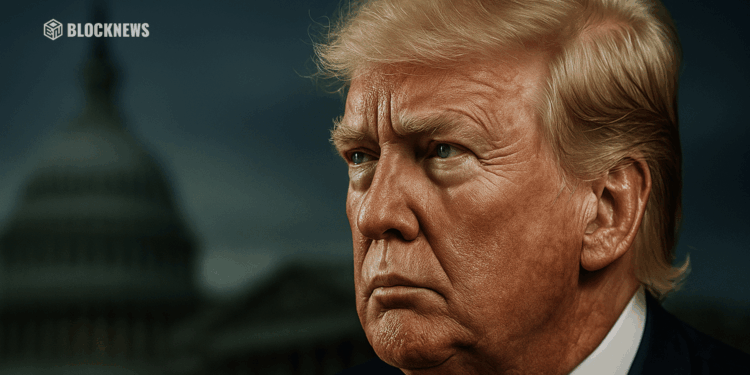- Congress will vote Friday on a GOP-led plan to temporarily end the record shutdown.
- Democrats demand major health care provisions before supporting the proposal.
- A federal court ordered full SNAP funding as millions face growing financial strain.
After more than five weeks of political deadlock, Republican and Democratic leaders are moving closer to a possible resolution of the record-breaking government shutdown. GOP lawmakers scheduled a Friday, Nov. 7 vote on legislation aimed at reopening parts of the federal government and funding select agencies through the Thanksgiving period.

Divisions Remain Over Health Care
While the move signals a rare moment of cooperation, moderate Senate Democrats remain cautious. Many say they won’t support the bill unless it includes significant provisions to reduce health care costs, a key demand from their caucus. Progressive members, buoyed by strong midterm wins earlier this week, have urged colleagues not to compromise unless meaningful health care funding is included.
Sen. Richard Blumenthal (D-Conn.) said the proposal would be a “nonstarter” without those changes, while Senate Minority Leader Chuck Schumer described ongoing talks as “productive” but offered no concrete path forward. Some Democrats, like Sen. John Fetterman, expressed frustration, saying the discussions have produced “little progress.”
The Human and Economic Impact
As the shutdown enters Day 38, the toll on federal workers, air travel, and food assistance programs continues to grow. Airlines have begun reducing flight schedules, and food insecurity is climbing as federal employees miss multiple paychecks. Meanwhile, a federal judge in Rhode Island ordered the Trump administration to fully fund the Supplemental Nutrition Assistance Program (SNAP) for 42 million Americans by Friday, citing “arbitrary and capricious” delays from the USDA.
Retailers and grocers are also bracing for losses from disrupted SNAP payments, which typically inject $8 billion per month into the U.S. economy. Without a clear budget resolution, both workers and businesses face mounting uncertainty heading into the holidays.

What Happens Next
The Senate is set to convene at noon Friday, but the timing of the vote remains unclear as negotiations continue behind closed doors. Lawmakers have canceled recess plans, preparing to work through the weekend in hopes of ending the impasse.
Still, passage remains far from guaranteed. Unless the bill addresses Democrats’ health care demands, analysts expect further delays, meaning federal employees and key programs could remain unfunded well into mid-November.














